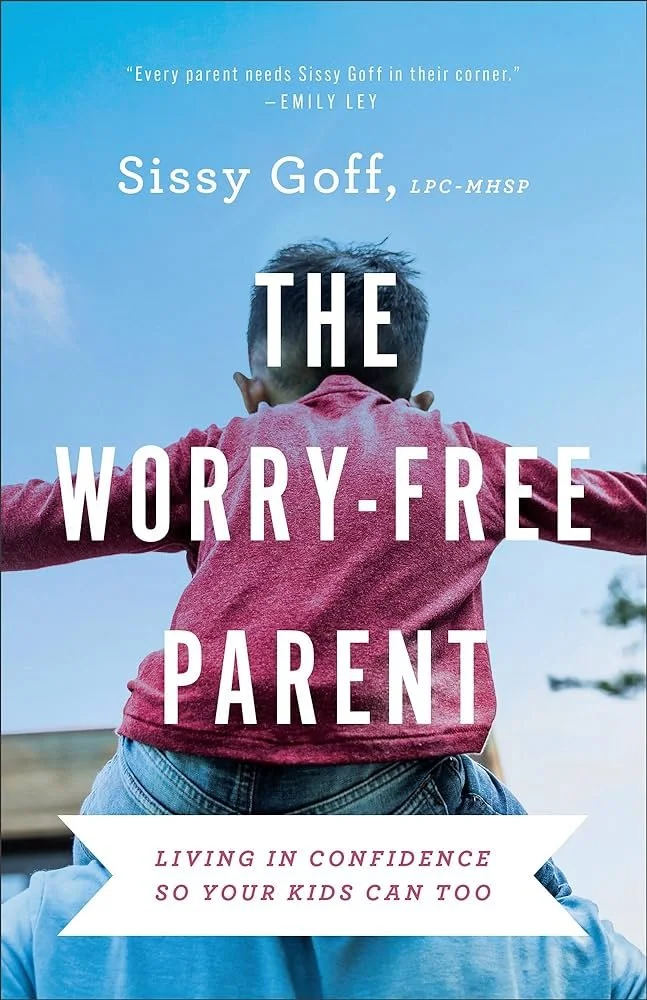When You’re Feeling Overwhelmed in Conflict…
By Kristin Rodriguez, LMFTA
Every couple has conflict. Every couple has emotions in conflict. And every couple has times when they feel overwhelmed within conflict. Some of the emotions are directly related to the conflict, and some may be related to something else altogether, but are activated by the current situation. Some in the Couple’s Therapy field would say flooded, meaning, that one is too overcome with emotion to think or speak in a way that is helpful to the situation or to the relationship. So here are some tips if you and your partner catch yourself struggling with this.
First of all, remind yourself that it is okay to feel flooded or overwhelmed. You are human and the conversation may be hitting at a sensitive part of your heart or mind and maybe even pushing against something you are very passionate about. That being said, it makes sense to feel deep emotions about those things.
When you start to realize your emotions are reaching a point where you are feeling overwhelmed or flooded, let your partner know. This clues them into the fact that you are struggling to remain fully present in the conversation. This is not a time for one partner to have power over the other, but an opportunity to honor and respect that your partner has the self awareness to seek to understand what they may be experiencing.
Take a break and tell your partner how much time you need. This could be as simple as 30 minutes, to a few hours, or after a good night’s rest. What is most important here is that you communicate a plan for when you will show back up fully, mentally and physically, into the conversation.
During the break, do some grounding exercises. This can be something like journaling, prayer, labeling emotions and beliefs or memories that the conversation brought up for you, and actively try to regulate your emotions by breathing, meditation or a walk outside. This will help your nervous system regulate, help you feel more calm, and you will be better able to better articulate your thoughts and feelings and listen more intentionally to your partner.
Return to your partner at the agreed upon time and seek to communicate more effectively without being run by your emotions, but rather letting your emotions inform your conversation.
Emotions are good and tell us something about ourselves, thus they should not be avoided, but are not meant to control us. I hope this information leads you to better understand your emotions and to better care for your partner.











